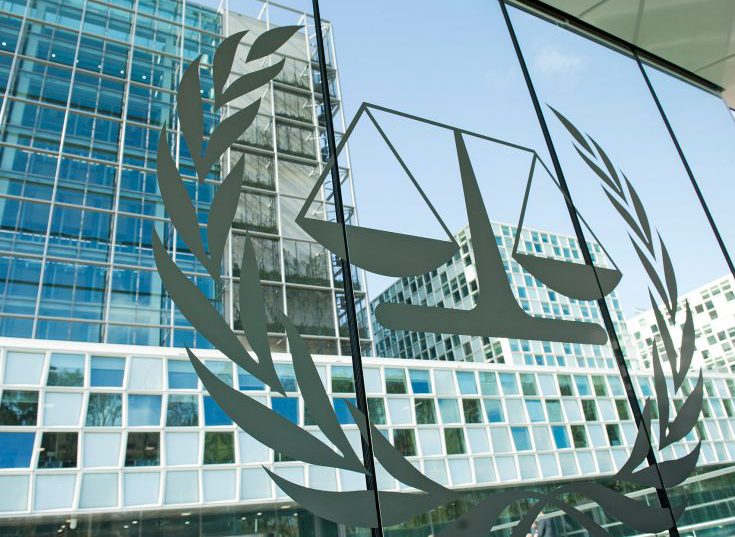Appeals Chamber rules that a lower court must reconsider Israel’s claim that the ICC lacks jurisdiction in the case against Prime Minister Netanyahu and former Minister Gallant.
The International Criminal Court (ICC) has decided that a lower chamber made a legal mistake when it rejected a challenge from Israel about whether the court has the right to handle certain cases involving it. As a result, the ICC’s Appeals Chamber has sent the issue back for a new decision.
Israel had argued that the court doesn’t have jurisdiction, or the legal right, to hear a case involving it, and it asked the court to rule on that. The lower court, known as the Pre-Trial Chamber, said it was too early to decide on that issue and dismissed Israel’s challenge. Israel then appealed this dismissal.
The Appeals Chamber said on Thursday that the lower court was wrong not to properly consider Israel’s argument. It reversed that decision and told the lower court to take another look and issue a new ruling on whether the court has the authority to hear the case.
Because of this ruling, the Appeals Chamber also decided not to address Israel’s request to pause arrest warrants and other court actions based on the earlier decision. It said that the request was no longer relevant.
In a separate issue, Israel had also asked the court to tell the Prosecutor to send out a new notice about the investigation. The Pre-Trial Chamber had denied this request, and Israel appealed. However, the Appeals Chamber dismissed this appeal, saying it didn’t qualify under the rules for appeal. Two judges disagreed with this dismissal.
Minister of Forign Affairs Gideon Sa’ar commented on the decision to review Israel’s challenge: “We said it from the start: The International Criminal Court in The Hague (ICC) doesn’t have, and never had jurisdiction to issue arrest warrants against Israel’s Prime Minister and its former Minister of Defense. Israel is not a member of the ICC and is not party to the ‘Rome Statute.’ The ICC Appeals Court instructed the Court today, to do what it should have done from the start: to make a determination with respect to jurisdiction. On this topic, there is only one correct answer: the Court has no jurisdiction over Israel. The warrants were issued unlawfully. They are null and void.”





